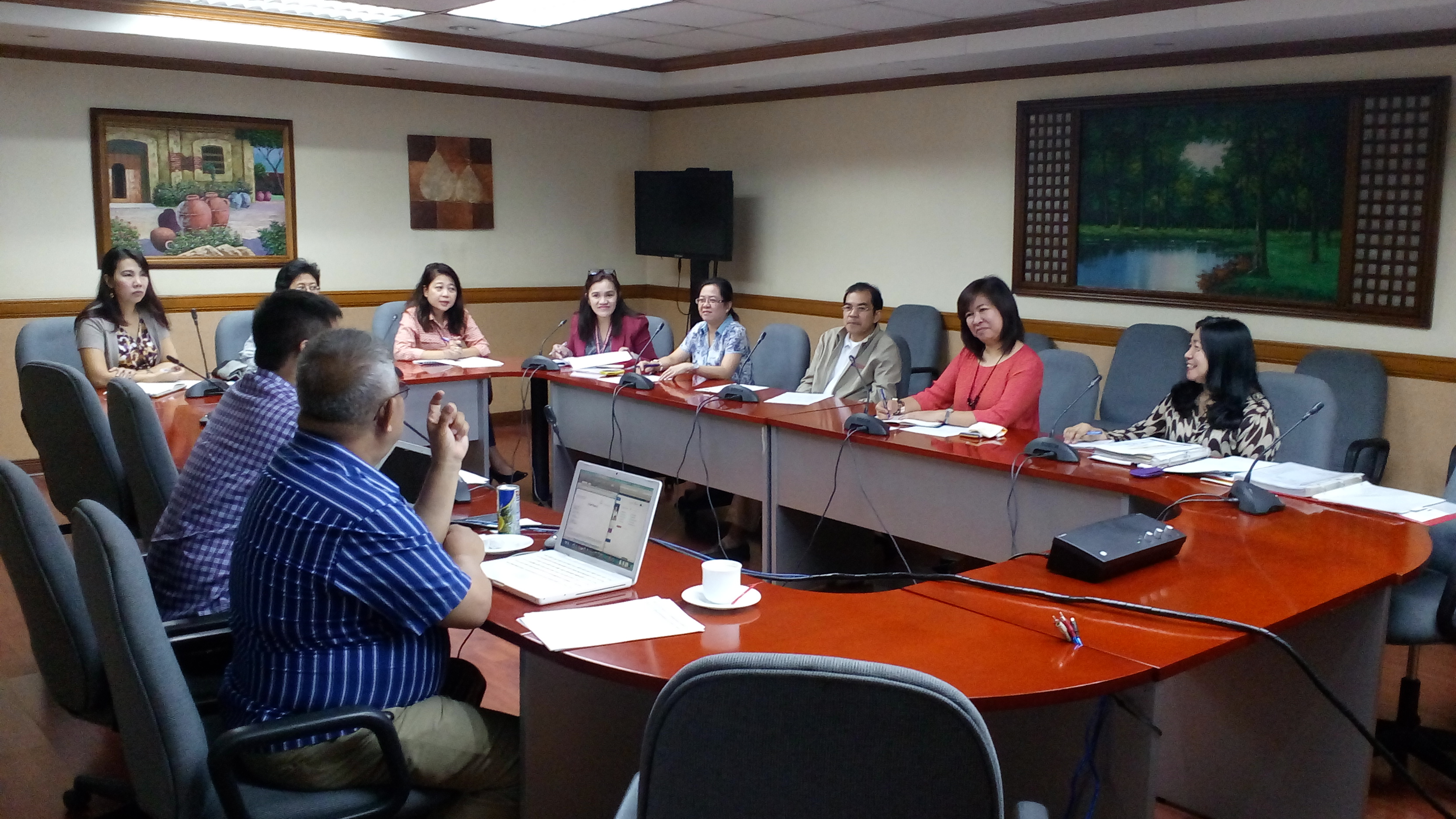ECC passes ISO 9001:2008 first Surveillance Audit

The Employees’ Compensation Commission recently passed the ISO 9001:2008 First Surveillance Audit on Management System conducted by TÜV Rheinland.
According to the TÜV Rheinland Audit Report, the ECC has successfully maintained an effective system that ensures compliance with its policy and objectives.
The report also stated that the ECC continuously complies with the audit target by adequately maintaining and implementing the requirements of the standard in management system.
The audit cited various positive findings about the ECC. One was the special citation from the Department of Labor and Employment (DOLE) for achieving Unqualified Audit Opinion in the Commission on Audit Annual Audit Report.
Another positive finding was the ECC’s sustained record of 100% disposition rate of cases within the process cycle time.
ECC Executive Director Stella Zipagan-Banawis said that this is an early Christmas gift for ECC. She encourages the ECC employees to carry on with theirexcellent performance and maintain the highest standards of integrity and accomplishment.
“The ECC will always strive to provide the best services to the public. By our repeated best practices, our actions become our habits. Our habits become our values. Our values define us,” Banawis stated.
Injured seafarer gets free training on Hog Raising through the KaGabay Program
SAMAR, EASTERN VISAYAS – Marion Odivilas was a seafarer for five years when he figured in an accident on board a vessel in July 2014 leaving his spine and lumbar area damaged. Due to his injuries, he lost his job and had a hard time looking for another employment.
Odivilas received Employees’ Compensation permanent partial disability benefit amounting to P21,700 or P5,425 for 4 months and P575 carer’s allowance for 4 months. He also received free training on hogs raising under the Katulong at Gabay sa Manggagawang may Kapansanan (KaGabay) Program and he is currently processing his application for the livelihood starter kit worth P8,905 to help him jumpstart his own business.
“I am so grateful for the opportunity the ECC is giving me. I may no longer be hired as a seafarer but through the ECC KaGabay Program I know I can provide my family a decent life,” Odivilas expressed.
The Employees’ Compensation Commission Executive Director Stella Zipagan-Banawis explained that the ECC through the KaGabay Program provides special economic assistance to facilitate the reintegration of persons with work-related disabilities (PWRDs) to the economic mainstream through physical and occupational therapy, skills and entrepreneurship trainings and livelihood assistance.
Banawis also encourages employers and employees to practice good occupational safety and health by complying with Occupational Safety and Health standards to ensure a healthy and safe work environment for employees. She also reminded employees to take reasonable care of their own health and safety.
“I would like to emphasize that prevention is better than compensation and rehabilitation. The ECC provides benefits for work-related incidents but good practices in OSH provide a better and healthier community,” explained Banawis.
ECC and GSIS set PCT for EC claims
EC claimants in the public sector can now look forward to an efficient processing and evaluation of EC claims as the Employees’ Compensation Commission (ECC) and the Government Service Insurance System (GSIS), the administering agency of the Employees’ Compensation Program (ECP) for the public sector, have strengthened its coordination in the evaluation and processing of EC claims by agreeing on a most viable process cycle time for the evaluation of EC claims.
“This move was initiated for a more effective and efficient implementation of the ECP”, ECC Executive Director Stella Zipagan-Banawis said.
According to Board Resolution No. 15-11-47, the ECC and the GSIS have agreed on a 60-working-day process cycle time in the evaluation of EC claims from the submission of all required documents up to the release of benefits for sickness or temporary total disability (TTD); permanent partial disability (PPD) and permanent total disability (PTD); EC medical reimbursement; rehabilitation services; and death pension. The two agencies have also agreed on a 30-working day PCT for the processing up to the release of EC funeral benefits.
Furthermore, the ECC, in close coordination with the GSIS, shall develop a mechanism to monitor compliance to the agreed PCT.
“This initiative is among the steps we are taking to further enhance the services being provided by the ECP to the persons with work-related disability (PWRDs). Because of the prescribed PCT, they can now expect a quicker and a more definite timetable in the evaluation of their EC claims,” Banawis further added.
